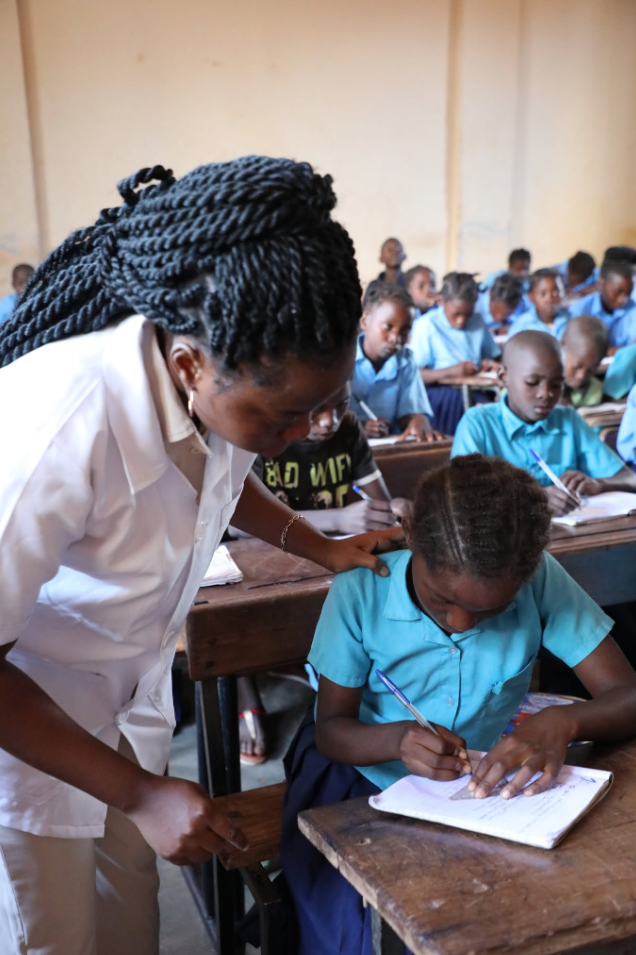Voice and Action: How a Mozambican Community Transformed Local Education
Contributed by António Massipa, Regional Communications and Advocacy Coordinator
In the rural district of Monapo, northern Mozambique, the voices of parents, teachers, and pupils have sparked real change. Through determined, community-led advocacy – ported by World Vision’s technical assistance in governance monitoring – residents have successfully improved local education services.
The challenge was clear: overcrowded classrooms, with up to 100 children crammed into a single space, left little room for personalised learning. After receiving training in advocacy and community engagement from World Vision, local residents mobilised. They met with school leaders, identified service gaps, and developed a targeted action plan.
At the top of their priorities was the urgent need for more teachers. In response to the community’s recommendations, the local government approved the recruitment of two additional teachers. Among them is Rabeca, who began teaching at the start of the 2025 school year.
“With fewer pupils in class, I can really get to know them,” Rabeca shares. “I understand their learning styles, their strengths, and where they need extra support. That allows us to adapt our lessons, and we’re already seeing improvements in test scores and overall performance,” she adds.
The pupil-to-teacher ratio now stands at 70 to one – still above the national benchmark of 50, but a significant improvement from the previous 90-100 per teacher. For Amina, a Grade 6 pupil, the difference is deeply felt.
“In smaller classes, I feel braver to speak up,” she says, adding that “It’s easier to talk to my teacher, and that makes me want to learn more.”

The school principal confirms the positive shift. “The additional staff have eased the workload and improved service delivery,” he notes. “We still need more teachers, but this is a step in the right direction,” he concludes.
For the people of Monapo, this is a clear message, which says when communities unite, change is possible. Their determination shows that local voices – amplified through training, persistence, and solidarity – can shape brighter futures for children, even in the most underserved areas.
World Vision remains committed to walking alongside communities like Monapo, helping turn aspirations into action, and action into lasting impact.